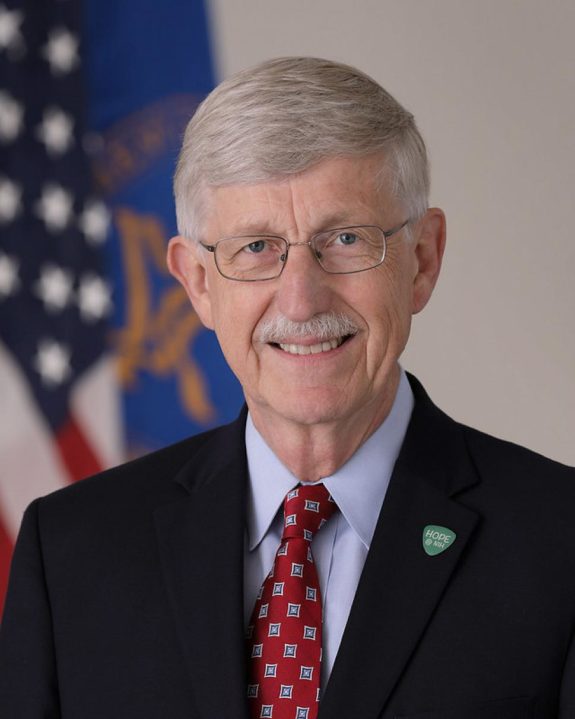October 5, 2021 — The Society for Women’s Health Research issued the following statement in response to the announcement that Francis S. Collins, MD, PhD, will step down as the director of the National Institutes of Health by the end of the year.
The Society for Women’s Health Research (SWHR) congratulates Dr. Collins for his successful, more than 12-year tenure at the National Institutes of Health (NIH) and his years of exemplary public service. Dr. Collins’ contributions to biomedical research and to advancing the mission of the NIH, in particular, will be remembered and valued for years to come.
Under Dr. Collins’ leadership, the NIH budget grew by 38 percent (from $30 billion in 2009 to $41.3 billion in 2021), and the agency has spearheaded initiatives that have led to the improved health and wellbeing of the American people.
During Dr. Collins’ time with the NIH, the agency has also made vast strides in advancing women’s health and on research on biological differences in health and disease. Specifically, the NIH and the NIH Office of Research on Women’s Health (ORWH) created and implemented the NIH Policy on the Inclusion of Women in Clinical Research and the NIH Policy on Sex as a Biological Variable as well as oversaw NIH-wide strategic plans for women’s health and sex/gender differences research. Additionally, through its response to charges laid out in legislation, such as the 21st Century Cures Act, the NIH has also conducted critical research and been involved in key women’s health initiatives, such as the Task Force on Research Specific to Pregnant Women and Lactating Women (PRGLAC).
Further, Dr. Collins took an important step in 2019 in support of women in STEM careers by announcing he would decline to take part in speaking invitations “where scientists of all backgrounds were not evaluated fairly for speaking opportunities,” specifically pointing to the scientific tradition of all-male speaking panels. This step encouraged others to evaluate their own commitment to inclusive agendas at biomedical research conferences, and our field has been made stronger as a result.
Dr. Collins will continue to be celebrated—within the scientific community and beyond—for not only his leadership, but also for his integrity, his ability to make science accessible, and his own scientific acumen.
SWHR wishes Dr. Collins well in his next chapter as he continues to build on his exceptional research career and looks forward to seeing what he accomplishes next.
